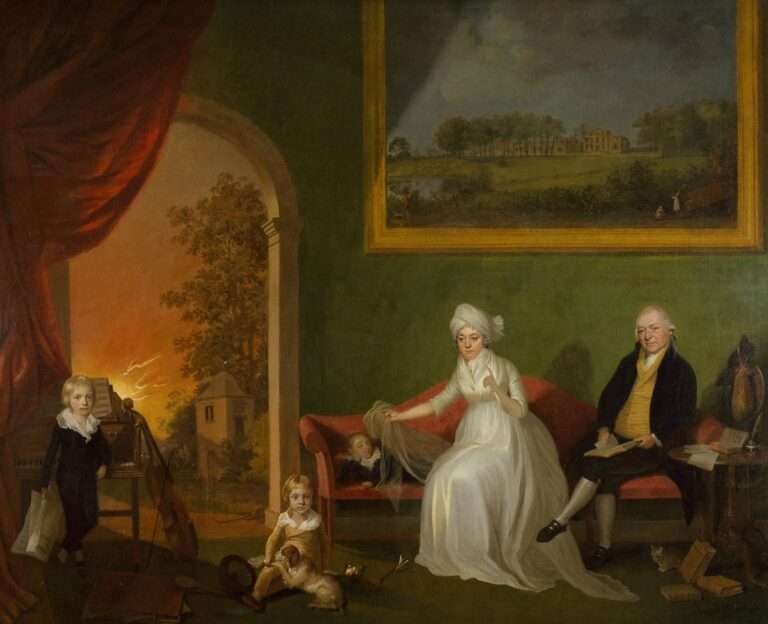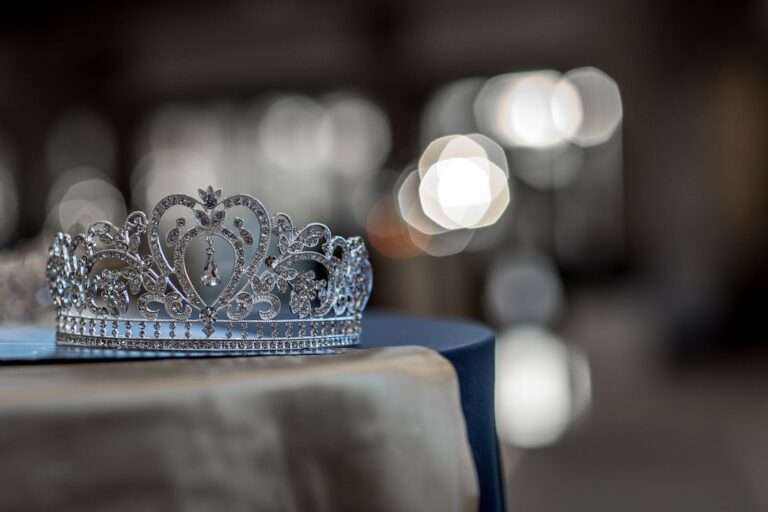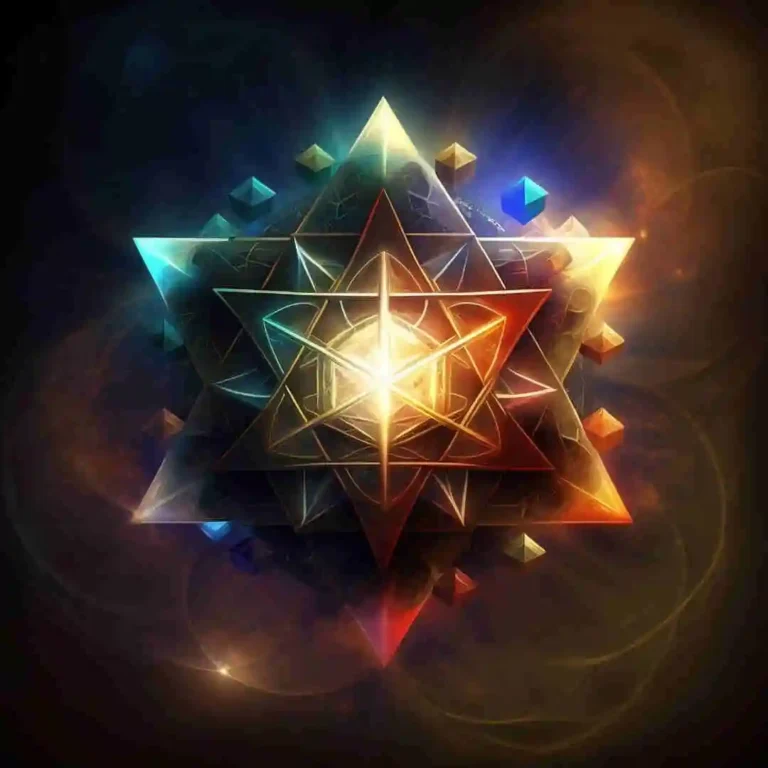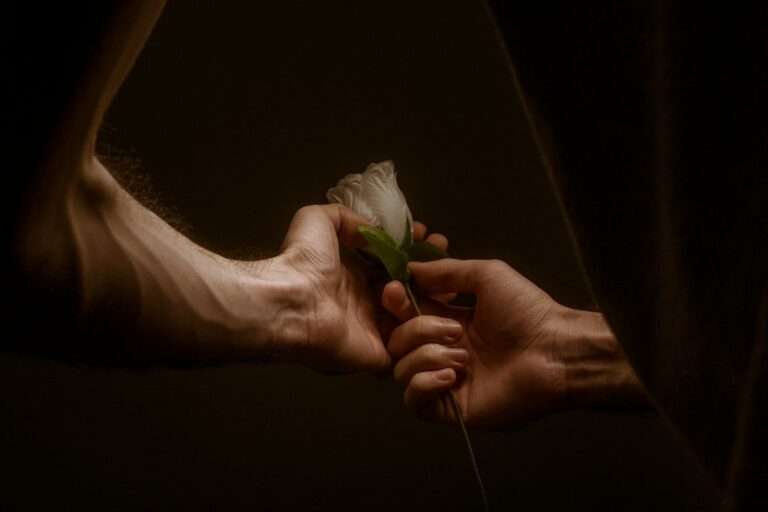The Power of Symbolism: Unleashing the Hidden Meanings of The Sword
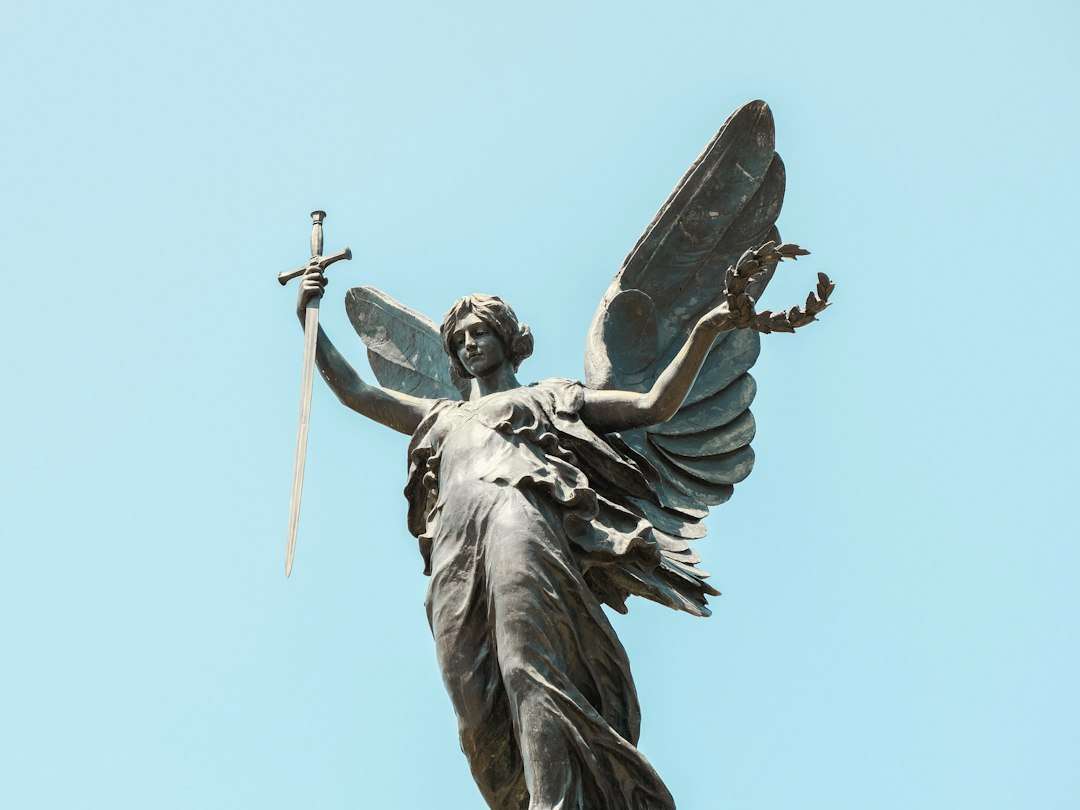
Symbolism is a powerful tool that humans have used throughout history to convey meaning and evoke emotions. It is the use of symbols to represent ideas or qualities, often with deeper and more complex meanings than what is immediately apparent. Symbols can be found in various forms such as images, objects, colors, or actions, and they have played a significant role in human culture, art, religion, and literature.
One symbol that has held immense power and significance across different cultures and time periods is the sword. The sword is a weapon that has been used for centuries, but its meaning goes beyond its practical use. It has become an archetypal symbol that represents various concepts such as power, authority, justice, protection, courage, bravery, honor, nobility, death, destruction, transformation, and change. The sword’s symbolism has evolved over time and continues to hold a prominent place in contemporary culture and media.
Key Takeaways
- Symbolism has a powerful impact on human perception and understanding.
- The sword is a widely recognized archetypal symbol with various meanings.
- The sword represents power, authority, justice, protection, courage, bravery, honor, nobility, death, destruction, transformation, and change.
- The sword appears in mythology, folklore, and contemporary culture and media.
- The sword’s symbolism continues to evolve and influence human culture and society.
The Sword as an Archetypal Symbol
Archetypes are universal symbols or patterns that are present in the collective unconscious of all humans. They are deeply rooted in our psyche and represent fundamental human experiences and emotions. The sword is one such archetypal symbol that has been present in various cultures throughout history.
In many mythologies and folklore, the sword is often associated with heroes and warriors who embark on epic quests or battles. It represents their strength, skill, and determination to overcome challenges and protect their people. The sword is a symbol of the hero’s journey and the transformation they undergo as they face trials and tribulations.
The Sword as a Symbol of Power and Authority
Throughout history, swords have been used as symbols of power and authority by rulers, kings, and military leaders. In ancient times, the possession of a sword was a sign of status and dominance. It represented the ability to protect oneself and others from harm.
The sword’s association with power and authority can be seen in various historical examples. For instance, the legendary sword Excalibur, wielded by King Arthur, symbolized his rightful claim to the throne and his role as the protector of the realm. Similarly, in Japanese culture, the samurai’s sword, known as the katana, was a symbol of their social status and authority.
The symbolism behind the sword’s association with power lies in its ability to inflict harm and defend against enemies. It represents the strength and control that comes with having authority over others. The sword becomes a physical manifestation of the ruler’s power and a symbol of their ability to maintain order and protect their people.
The Sword as a Symbol of Justice and Protection
| Symbol | Meaning | Historical Examples |
|---|---|---|
| The Sword | Justice and Protection | The Sword of Damocles, The Sword of St. Michael, The Sword of Justice |
| Blade Length | Symbolizes the reach of justice and protection | The Sword of Goujian (ancient Chinese sword) |
| Blade Material | Represents strength and durability | The Sword of William Wallace (Scottish claymore) |
| Hilt Design | Reflects the culture and values of the wielder | The Sword of Charlemagne (Frankish sword with a cross-shaped hilt) |
In addition to power and authority, swords have also been used as symbols of justice and protection. The sword’s sharpness and ability to cut through obstacles make it an ideal tool for upholding justice and defending against threats.
In many cultures, swords have been used as symbols of justice. For example, Lady Justice, often depicted holding a sword, represents the impartiality and fairness of the legal system. The sword represents the power to enforce laws and punish wrongdoers.
Swords have also been used as symbols of protection. In ancient Rome, the Gladius sword was carried by soldiers to defend themselves and their comrades in battle. In literature, such as J.R.R. Tolkien’s “The Lord of the Rings,” the sword Sting is given to Frodo Baggins as a means of protection against evil forces.
The symbolism behind the sword’s association with justice and protection lies in its ability to cut through falsehoods and defend against threats. It represents the idea that justice will prevail and that those who wield the sword will protect the innocent.
The Sword as a Symbol of Courage and Bravery
Courage and bravery are qualities that are often associated with warriors and heroes. The sword, as a weapon of choice for these individuals, has become a symbol of their bravery and willingness to face danger.
Throughout history and literature, swords have been used as symbols of courage and bravery. In Greek mythology, the sword of Perseus was used to slay the monstrous Medusa. In medieval tales, knights wielded swords as they embarked on quests and battles, displaying their bravery in the face of adversity.
The symbolism behind the sword’s association with courage and bravery lies in its ability to confront and overcome fear. It represents the warrior’s willingness to face danger head-on and protect what they hold dear. The sword becomes a symbol of their inner strength and determination.
The Sword as a Symbol of Honor and Nobility

Honor and nobility are qualities that have been highly valued in many cultures throughout history. The sword has often been associated with these virtues, representing the honorable and noble actions of those who wield it.
In medieval Europe, knights swore oaths of chivalry and carried swords as a symbol of their honor. The samurai in feudal Japan also carried swords as a symbol of their code of honor, known as Bushido.
The symbolism behind the sword’s association with honor and nobility lies in its connection to the warrior’s code. It represents the individual’s commitment to upholding moral principles and acting with integrity. The sword becomes a symbol of their noble character and their dedication to doing what is right.
The Sword as a Symbol of Death and Destruction
While the sword is often associated with positive qualities such as power, justice, courage, and honor, it also has a darker side. Throughout history and literature, swords have been associated with death and destruction.
In battle, swords have been used to kill and maim opponents. They have been responsible for countless deaths throughout history. In literature, such as Shakespeare’s “Macbeth,” the sword is used as a tool of violence and murder.
The symbolism behind the sword’s association with death and destruction lies in its ability to cause harm and end lives. It represents the darker aspects of human nature and the potential for violence and chaos. The sword becomes a symbol of the destructive power that can be unleashed when used for nefarious purposes.
The Sword as a Symbol of Transformation and Change
The sword is not only a symbol of physical power and violence but also a symbol of transformation and change. In many myths and legends, the sword is used to signify a turning point or a significant shift in the narrative.
In Arthurian legends, the sword Excalibur is said to have been pulled from a stone by King Arthur, signifying his destiny as the rightful king. The sword represents his transformation from an ordinary individual to a legendary figure.
The symbolism behind the sword’s association with transformation and change lies in its ability to cut through barriers and open new possibilities. It represents the catalyst for personal growth and evolution. The sword becomes a symbol of the transformative power that can be unleashed when one embraces their true potential.
The Sword in Mythology and Folklore
The symbolism of the sword can be found in various mythologies and folklore from different cultures around the world. In Norse mythology, the god Odin wields the sword Gram, which represents his wisdom and power. In Hindu mythology, the god Shiva carries a trident that symbolizes his role as the destroyer of evil.
In Japanese folklore, there are numerous stories about magical swords that possess extraordinary powers. The most famous of these is the legendary sword Kusanagi, which is said to have been discovered inside the body of an eight-headed serpent. The sword represents the divine protection bestowed upon Japan’s imperial family.
The symbolism behind the sword in mythology and folklore often reflects cultural values and beliefs. It represents the supernatural or divine forces at play and the role of the sword in shaping the world and its inhabitants.
The Sword in Contemporary Culture and Media
The symbolism of the sword continues to hold a prominent place in contemporary culture and media. In movies, TV shows, and video games, swords are often featured as weapons of choice for heroes and warriors.
In the fantasy genre, swords are a common element, representing the hero’s journey and their ability to overcome challenges. In movies like “The Lord of the Rings” and “Game of Thrones,” swords play a central role in the narrative, symbolizing power, honor, and the struggle between good and evil.
In video games like “The Legend of Zelda” series, swords are essential tools for the player’s character, representing their strength and ability to defeat enemies. The symbolism of the sword in contemporary culture and media has evolved to reflect modern values and storytelling techniques.
The sword is a symbol that has held immense power and significance throughout human history. Its symbolism encompasses a wide range of concepts such as power, authority, justice, protection, courage, bravery, honor, nobility, death, destruction, transformation, and change. The sword’s archetypal nature has made it a universal symbol that transcends cultural boundaries.
Whether used as a weapon of war or a tool for personal growth, the sword represents the human experience in its various forms. It is a symbol that continues to captivate our imagination and evoke emotions. The enduring power of the sword as a symbol is a testament to its ability to resonate with us on a deep level.
If you’re interested in exploring more symbolism, you might find the article on “Symbolism of the Star” intriguing. This article delves into the various meanings and interpretations associated with stars in different cultures and contexts. From representing guidance and hope to symbolizing cosmic forces and celestial beings, stars have captivated human imagination for centuries. To learn more about the symbolism behind stars, check out this fascinating article on Symbolism Hub: Symbolism of the Star.
FAQs
What is symbolism?
Symbolism is the use of symbols to represent ideas or qualities.
What is the sword?
The sword is a weapon with a long, sharp blade used for cutting or thrusting.
What does the sword symbolize?
The sword is often used as a symbol of power, strength, and authority. It can also represent justice, honor, and courage.
What are some examples of the sword in symbolism?
The sword is a common symbol in many cultures and religions. For example, in Christianity, the sword is often associated with Saint Michael the Archangel, who is depicted holding a sword to represent his role as a protector. In Japanese culture, the sword is a symbol of the samurai warrior class and is often used in martial arts.
What is the history of the sword in symbolism?
The sword has been used as a symbol for thousands of years, dating back to ancient civilizations such as the Egyptians and Greeks. It has been used in literature, art, and religion to represent various ideas and concepts. In medieval Europe, the sword was a symbol of knighthood and chivalry, and was often used in heraldry and coat of arms.
